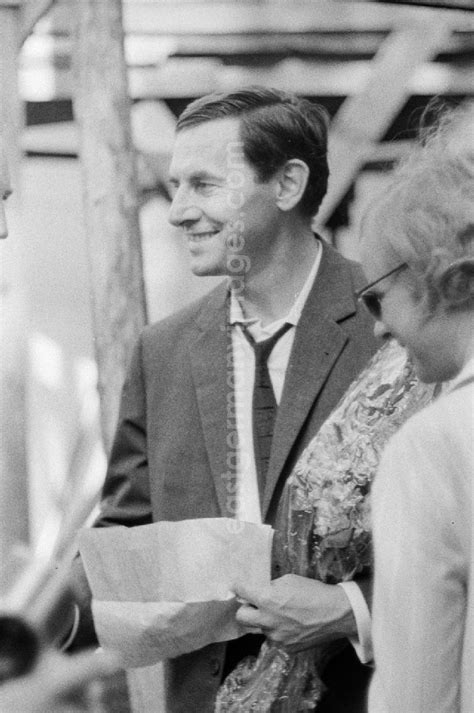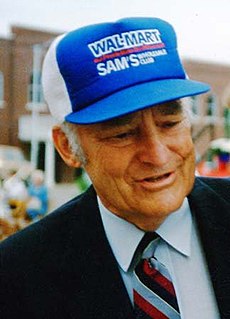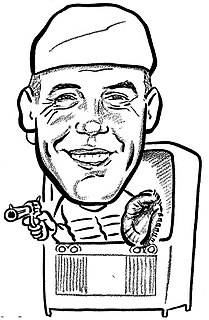A Quote by Horst Schulze
We are superior to the competition because we hire employees who work in an environment of belonging and purpose. We foster a climate where the employee can deliver what the customer wants. You cannot deliver what the customer wants by controlling the employee.
Related Quotes
Profits are related to customer retention. Customer retention is related to employee retention. Employee retention may or may not be related to benefits, but benefits could be part of the package that causes people to stay and -- by the way -- engage in discretionary effort. .. If you go into any organization that's customer-facing, you can tell in five minutes when the employees are feeling abused. They retaliate on the customers.
The most common way customer financing is done is you sell the customer on the product before you've built it or before you've finished it. The customer puts up the money to build the product or finish the product and becomes your first customer. Usually the customer simply wants the product and nothing more.
Too often we measure everything and understand nothing. The three most important things you need to measure in a business are customer satisfaction, employee satisfaction, and cash flow. If you’re growing customer satisfaction, your global market share is sure to grow, too. Employee satisfaction gets you productivity, quality, pride, and creativity. And cash flow is the pulse—the key vital sign of a company.
As with all catalysts, the manager's function is to speed up the reaction between two substances, thus creating the desired end product. Specifically, the manager creates performance in each employee by speeding up the reaction between the employee's talent and the company's goals, and between the employee's talent and the customer's needs.
The customer wants what the customer wants - when they want it, where they want it, and how they want it. And if you want to build a big business, and you want to be meaningful to a big, broad group of customers, you need to think about how you're going to meet them in the various places where they might expect to see you.
The supermarket chain Whole Foods has quite a radical employee empowerment program, where employees get to decide whether another employee can work in their team or not. If they think this person's a slacker, doesn't have good ideas, they can vote and say, no, we don't want this person to be working with us on the vegetable aisle.



































